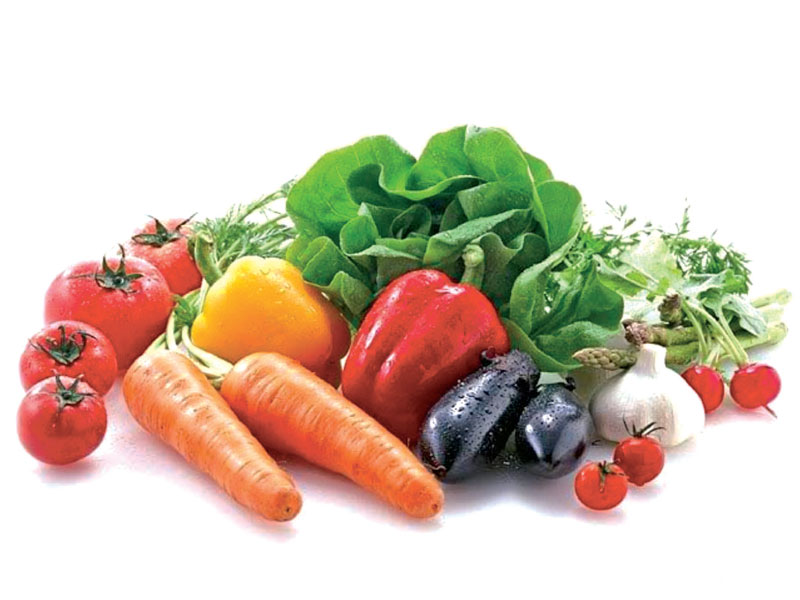The foods that follow are among the most beneficial for your body as you get on in years. But they need to be had as part of a balanced diet plan with a variety of fruits, vegetables, and whole grains. Of course, you will also need to factor in your own food sensitivities and other health constraints, if any, before loading your grocery cart with these foods.
Pomegranates
Pomegranates are packed with vitamins and antioxidants that can help you fight off sun damage to your skin. The ellagic acid in it can help slow the breakdown of collagen that keeps your skin looking supple and youthful. So you can ward off those wrinkles and counter your body’s inflammatory response to ultraviolet radiation exposure from the sun.
Equally crucial, pomegranate juice could help keep your memory sharp as you grow older. As one study found, older test subjects with age-related memory issues saw improvement in their memory after having an oz serving of pomegranate juice daily for the 4 weeks of the test.
Blueberries
Berries in general and blueberries in particular are rich sources of antioxidants. The anthocyanins they contain help keep blood vessels elastic, allowing you to have lower blood pressure.
Drinking the juice could also help boost cognitive ability. If you’re coping with depressive due to aging, the juice could even ease that problem, as one study found. It turns out the anthocyanins stimulate the neurons in the brain and also reduce geriatric depressive symptoms. 
Free radical damage that causes graying of your hair could potentially be slowed by the protective effect of the antioxidants in the berries.
Green Tea
Oriental favorite and increasingly popular as a beverage the world over, green tea can be a wonderful addition to help you slow down the clock.
Make the most of green tea polyphenols and catechins to prevent hyperpigmentation from sun damage that can leave you skin looking blotchy and older. Green tea isn’t just great to consume but also works as a topical treatment to prevent oxidative damage to your skin from UV radiation. Look for sunscreens with green tea polyphenols like epigallocatechin gallate (EGCG) or infuse some green tea extract into your sunscreen.
Research has shown that growing older is linked to a rise in hyperplastic pathologies, or, simply put, a rise in the rate at which your cells reproduce, a precursor to problems like cancer. Consuming green tea may also help induce apoptosis or cell death of tumor/cancerous cells. Again, it is the EGCG that prevents the proliferation of cancer cells.
Green Leafy Vegetables
Another kind of green comes from the green leafy vegetables like spinach and kale that are already celebrated for myriad reasons – not least of which is the vitamins and minerals they pack in. But they have an important role to play against aging.
Protect yourself against inflammation and its potentially aging effects by consuming anti-inflammatory greens like collard greens or kale and spinach.
The vitamin K in spinach can also help cut down the bone loss you experience as you age. With stronger bones, you are less likely to have a fracture, a common worry for the elderly.
Keep your eyesight in good form with carotenoids like lutein and beta-carotene that green leafy vegetables are rich in. Research has found that those who eat spinach more often are less likely to experience age-related macular degeneration or deterioration of eyesight due to aging.
Even your hair will love you for eating spinach. The vitamin A in the vegetable helps produce sebum, the natural oils in your scalp, keeping your hair well-conditioned. The vitamin E in it protects hair from sun damage. The vitamin C boost collagen production to ensure healthy hair growth. This could stave off premature graying or hair loss due to vitamin A, C, or E nutritional deficiency.
Garlic
Among its many claims to fame, smelly garlic can help you prevent a lot of aging-related issues.
Researchers suggest that as you grow older, the oxidative damage to your cells also accumulates. The result? Cardiovascular disease, Alzheimer’s disease, cancer, and other degenerative diseases. Garlic, rich in antioxidants, can help counter oxidative damage and exerts a protective effect on your body.
Age-related stiffening of blood vessel walls, as well as atherosclerosis that sets in for some with age, can make hypertension a problem. Garlic helps relax your blood vessels, easing blood flow and consequently lowering blood pressure. This makes it a good dietary means to keep up heart health and potentially avoid strokes and heart attacks that arise with age and impaired blood flow.
Beans
Time to trade in a few animal protein mains for some beans. Not only are they versatile, working in casseroles, salads, and soups, they’re also easier on the pocket. That’s not all, though!
Beans are fiber-rich and contain both soluble and insoluble fiber. They are able to lower your risk of metabolic syndrome, diabetes, stroke, and heart disease – all issues plaguing people with age. In addition, they could even help lower your cholesterol levels.
Water
Odd as this may sound, an often overlooked aspect of what you eat is what you drink. And water plays such an important role in our body’s well-being.
In spite of this, many of the elderly suffer from dehydration. By some estimates, as much as 20 to 30 percent of the senior population could be living with water loss dehydration.
This is due to a mix of factors, including reduced kidney function, hormonal changes, the effect of medication, as well as cognitive and physical disabilities. Unfortunately, not drinking and replacing the water you lose can hasten the way you age.
Dehydration can lead to wrinkled skin as one very visible effect. But it can also increase disability and even raise mortality risk. -curejoy.com



Add new comment